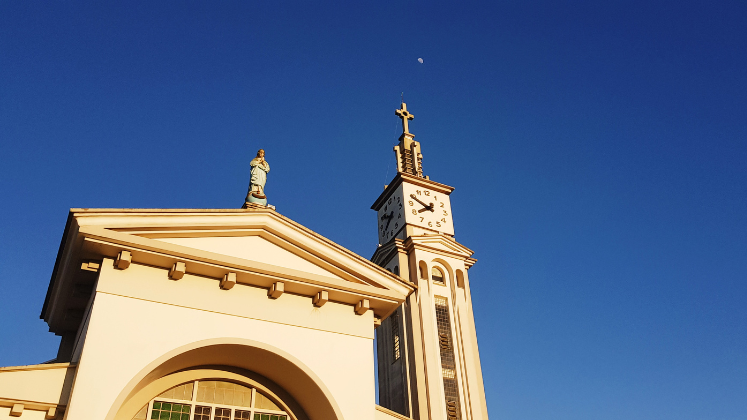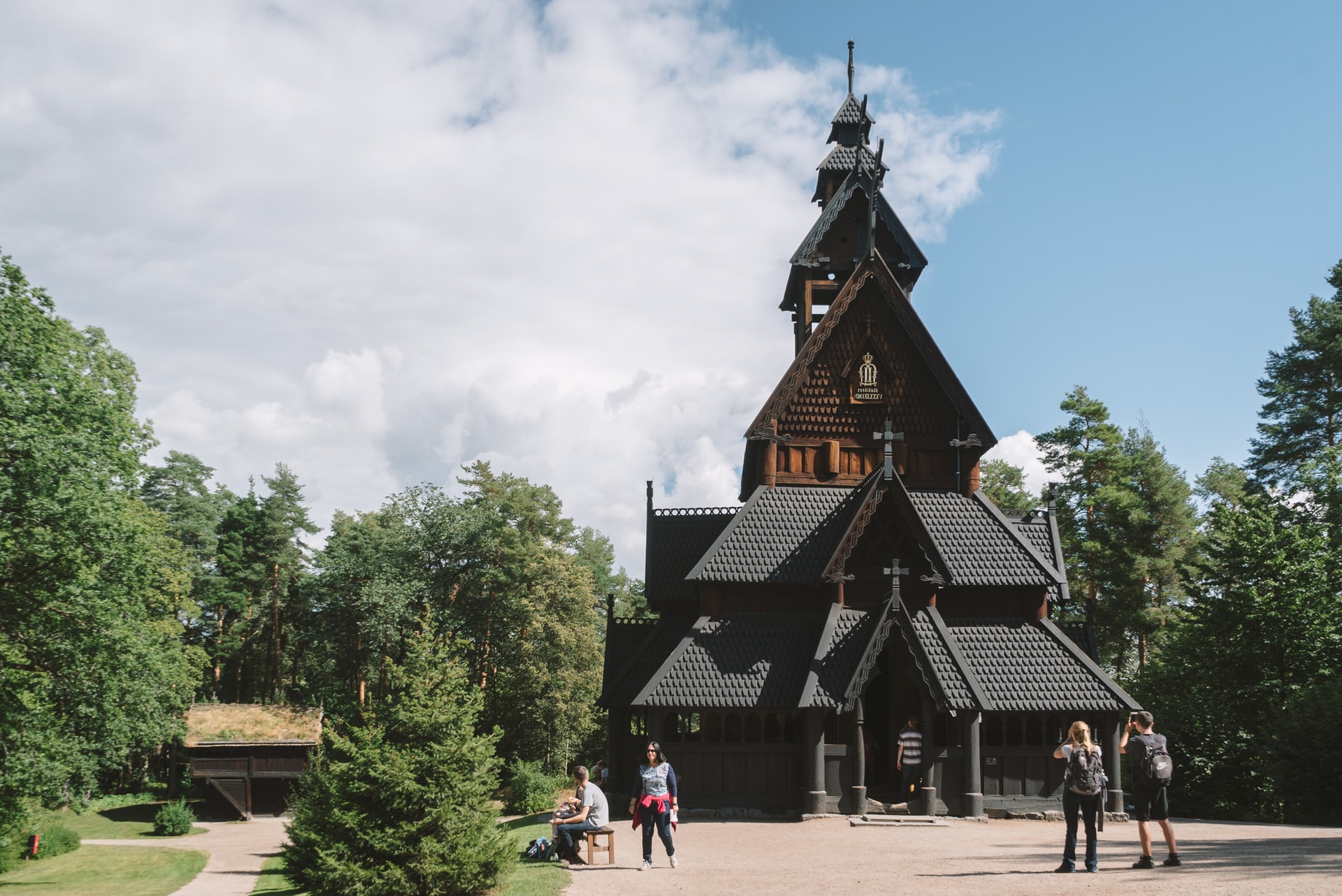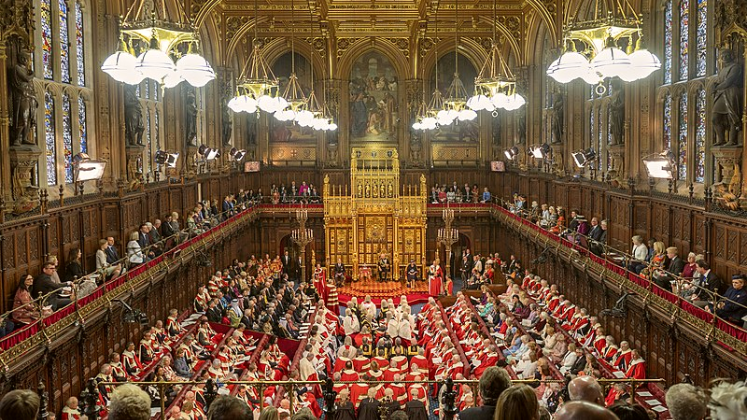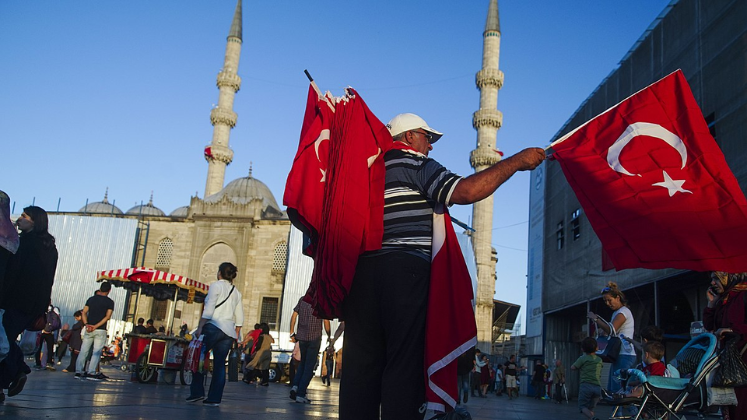As South America’s largest country by population, landmass, and economic strength, Brazil has the resources, expertise, and political significance to be leading voice on religious freedom. Knox Thames assesses Brazil’s policy on freedom of religion or belief and makes some recommendations for the international community.

The brutal reality of religious persecution exists for millions of individuals in spite of global efforts to protect religious freedom. 2023 marks the 75th anniversary of the UDHR, the 25th anniversary of the International Religious Freedom Act in the United States, and the 10th anniversary of the EU Guidelines on Freedom of Religion or Belief. Yet despite these essential documents, repression on account of religion or belief continues.
Countries valuing freedom of thought, conscience, religion, or belief are at an inflection point. How much do we value our values? How can we respond? Instead of more standards, we need more countries to live up to their commitments and press others for reform. And we need a diversity of voices from outside of North America and Europe. Consequently, Brazil has an opportunity to play a unique and necessary role in line with its values and foreign policy to help meet this challenge.
Why Brazil? South America’s largest country by population, landmass, and economic strength, Brazil has the resources, expertise, and political significance to be a force for good in the world. And considering how religious freedom is a shared value across the Americas, both North and South, it presents an opportunity to build a hemisphere-spanning effort to encourage respect for freedom of religion or belief outside our region. Brazil, alongside the United States, Canada, and other Western Hemisphere nations, could reenergise efforts to rescue the persecuted and speak out for the oppressed.
Brazil’s religious and ethnic diversity is a strength, much like in the United States. According to a 2019 Datafolha survey, 50% of the population identifies as Roman Catholic, 31% as evangelical, atheists and those with no religion represent 11%, and about 5% practice Afro-Brazilian religions or Spiritism, while small communities of Muslims and Jews live successfully in major cities. That’s not to say either of our countries are perfect – they are not – and we must continue to live up to our founding ideals and defend religious minorities. But diverse communities generally live together peacefully.
Brazil also has a firm legal foundation. Brazil’s constitution protects religious freedom, declaring “freedom of conscience and of belief is inviolable, the free exercise of religious cults being ensured and, under the terms of the law, the protection of places of worship and their rites being guaranteed”. It also declares “no one shall be deprived of any rights by reason of religious belief or philosophical or political conviction”.
Since his return to the Presidency, Luiz Inácio Lula da Silva (commonly referred to as Lula) has worked to craft a middle-way diplomacy, with a strong interest in environmental issues. While condemning Russia’s invasion of Ukraine, his administration has emphasised dialogue between the two belligerents, wanting to avoid a new Cold War. As Lula’s foreign policy adviser told the Financial Times, the West must “take into account” Putin’s security concerns, something the Biden administration, NATO allies, and Ukrainians would strongly disagree with. However, such independent thought in foreign affairs is a traditional Brazilian approach. And Lula’s position on Ukraine looks similar to what Pope Francis has promoted. By favouring dialogue, the Lula administration is positioned for influence if it chooses to use that influence.
While human rights activists always hope for more, Brazil’s non-aligned status as a rights-respecting liberal democracy can have an impact. Lula indicated he would press Nicaragua’s strongman Daniel Ortega to release Bishop Rolando Alvarez, personally lobbying for his freedom. Considering Brazil’s close ties with Nicaragua, such an intervention is unavailable to either the Holy See or the United States. I witnessed similar advocacy opportunities available to Brazil because of its unique diplomatic approach, such as when it engaged Iran to release pastors or quietly raised concerns with North Korea about their repressive system.
When Brazil has partnered on international religious freedom, its involvement has strengthened advocacy efforts. Brazil is known for supporting multilateral diplomacy, favouring working through the United Nations and the Organization of American States. In continuation of this, Brazil has played a vital leadership role in setting up and guiding the International Religious Freedom or Belief Alliance. Brazilian Baptists and others, working with Brazil’s foreign ministry the Itamaraty, helped resettle religious minorities from Afghanistan fleeing the Taliban.
The change of administration between Bolsonaro and Lula threatens a robust continuation of these engagements. Having served in both the Obama and Trump administrations at the State Department, I know the challenge of keeping priorities consistent between very different leaders. It is hard to guard religious freedom from partisan influences. And living in the Washington, DC area, the events of January 6th at home were shocking, like those of January 8th in Brazil. However, political turmoil and disagreement should not distract from core values in international affairs. Allowing ourselves to be pulled away limits influence and leaves millions facing persecution without friends or allies.
These issues were discussed during a visit to Brasilia last week to attend a conference on the role of religious freedom in building a free, just and mutually supportive society. I heard some Brazilians criticise the previous government’s use of religion for political ends. However, Brazil’s global partners welcomed its forward-leaning efforts to promote international religious freedom. Experienced Brazilian diplomats steered Brazil away from an overtly political or ideological approach. They promoted religious freedom holistically, as a universal human right, in a way that built off Brazil’s unique international standing as a leading Global South nation.
The religious freedom movement needs Brazil’s engagement. During the Brasilia conference last week, officials from the human rights ministry detailed their focus on protecting Brazil’s religious minorities and fostering greater religious freedom for all. Brazil hosting the G20 Interfaith Forum next year is an encouraging thought, one I hope they will take up energetically and integrate with their other G20 priorities. These efforts position Brazil to convene nations to address the pandemic of religious persecution sweeping the globe.
As many know, the United States launched a series of ministerial-level meetings to focus the world’s attention on ways to advance freedom of religion or belief. To date, all these summits have been convened in the United States or Europe. The Czech Republic (or Czechia) will host the next ministerial in November, but no country has stepped forward for the next event. Having South America’s leading nation convene a religious freedom ministerial would bring important geographical diversity while providing the Lula administration a tangible way to show its commitment to the issue and highlight its domestic priorities. In addition, having a centre-left government convene the global meeting would reinforce political diversity and demonstrate how religious freedom matters across the political-ideological spectrum.
During my diplomatic service for the United States, I oversaw the two religious freedom summits held in Washington. They are significant undertakings. If it’s infeasible to host an international meeting here in the capital due to the G20, Brazil could convene a regional discussion about how to promote our shared value of religious freedom globally. Such a conversation could occur in Brasilia, at the Organization of American States headquarters, or the annual OAS General Assembly about promoting religious freedom or defending religious minorities.
Brazil will conduct its diplomacy differently from the United States. We don’t need Brazil to copy the U.S. human rights advocacy approach, but we do need Brazil to join hands in this effort to combat extreme persecution on account of faith. Brazil wields considerable diplomatic, economic, and political weight. The international community would welcome such partnership. And millions of persecuted women and men, and many children, from all faiths and none, would benefit from their engagement.
Photo by Mateus Campos Felipe on Unsplash





